At TheHealthBoard, we're committed to delivering accurate, trustworthy information. Our expert-authored content is rigorously fact-checked and sourced from credible authorities. Discover how we uphold the highest standards in providing you with reliable knowledge.
What is Food Poisoning?
When one eats food that contains agents not meant for consumption, the result is often food poisoning. It ranges from mild illness, which ceases on its own, to severe and life-threatening illness, depending upon the cause. One can get this condition from eating foods that are poisonous if improperly prepared, food that is prepared by someone with a highly contagious virus, or food contaminated with numerous types of bacteria. Some people may even contract food poisoning from eating foods that contain a high amount of pesticides, or parasites. In many cases, the poisoning can be prevented by appropriate handwashing and safe preparation of food.
A few items can cause accidental and quite serious food poisoning. One risky food is wild mushrooms, particularly when harvested by non-experts. Certain mushrooms like the death cap may be accidentally eaten and can cause near fatal results. Ingesting it can cause liver failure, and many people who accidentally eat one end up needing a liver transplant. Another food of this type is the blowfish, which if improperly prepared contains a highly toxic poison that can result in death.

Certain viruses can cause problems if the cook does not vigilantly wash his hands, particularly after using the bathroom. Norovirus is a common one, and has been the cause of many cases of mass food poisoning on cruise ships. Rotavirus and Hepatitis A can also be contracted in this manner. In most cases, the person preparing the food gets their own fecal matter into the food by not washing his/her hands properly. Most of these illnesses cause a few days to weeks of upset stomach, nausea, diarrhea and fever. However, young children can become significantly ill with Hepatitis A and with Rotaviruses and may require hospitalization and intravenous fluids.

Bacteria, particularly salmonella and campylobacter, causing food poisoning is quite common. In many cases, such bacteria make a person sick for 24-48 hours with nausea and vomiting. Salmonella tends to result from food that is improperly stored or in undercooked foods like eggs and poultry. Raw chicken, or raw milk may also cause campylobacter. Though most get over their symptoms in a few days, young children and people with immune deficiencies may have much more severe reactions a few weeks after ingesting the bacteria.

Staphylococcus aureus can grow on foods that are not refrigerated properly. Shigella may result from water that is exposed to human waste, resulting in Traveler's Diarrhea. Vibrio Cholerae may result from eating undercooked seafood, and tends to most affect children. Botulism, listeria, and E. Coli are among the most severe of the bacteria borne types of food poisoning. Listeria is often found on fruits and vegetables and deli products, and spores of botulism can especially affect very young children and the immunosuppressed, and may be found in foods like honey.

Food poisoning due to E. Coli often is contracted from eating hamburger that is still pink or is raw. Since much of today’s ground beef contains E. Coli, the safest way to prepare it is by making sure the hamburger is no longer pink and that the juices run clear. Eating raw beef should be avoided Clearly, not placing the raw hamburger on dishes that will be reused before washing is also important.

If you suspect that you have this condition and you have not recovered in 12-24 hours, you may want to see your doctor. First you may be dehydrated from all that vomiting and diarrhea. Second, it’s hard to know exactly what bacteria or other agent poisoned you. Especially, children and people with compromised immune systems should see a doctor.

Further, minimize food poisoning risks by avoiding foods that are known to be poisonous, washing hands and kitchen surfaces thoroughly while preparing food, keeping food refrigerated appropriately, and cooking food properly. Drink bottled water when you are traveling or hiking. If you are ill and work in the food industry, it is best to avoid working when you have a stomach virus.
AS FEATURED ON:
AS FEATURED ON:











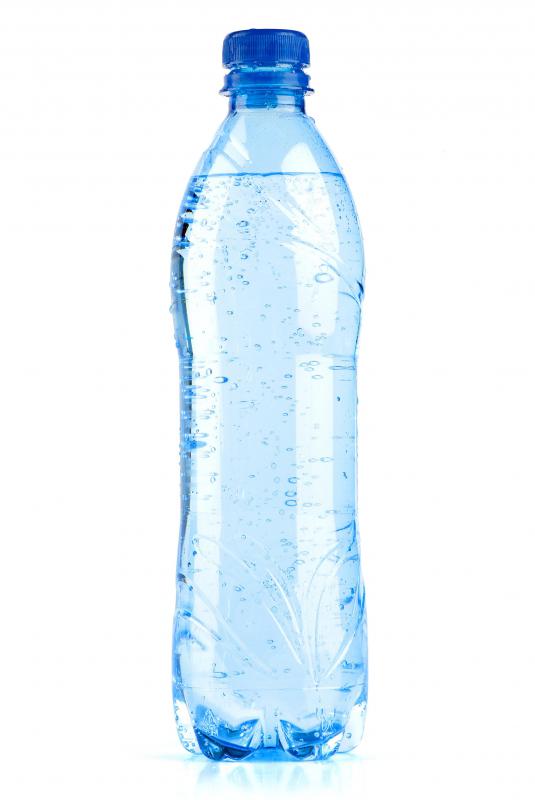
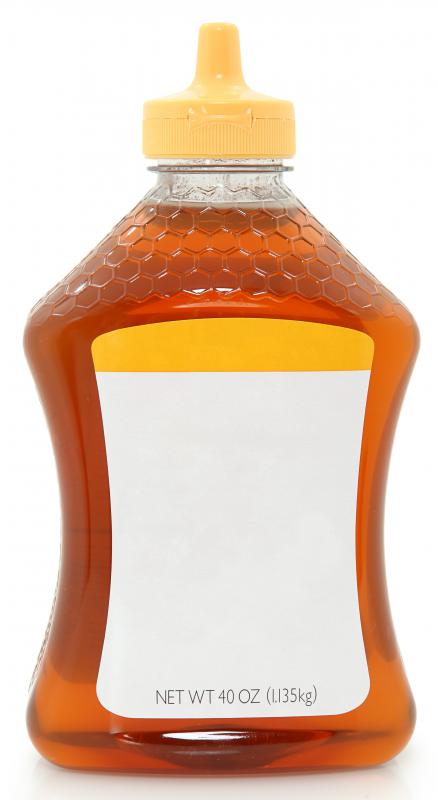


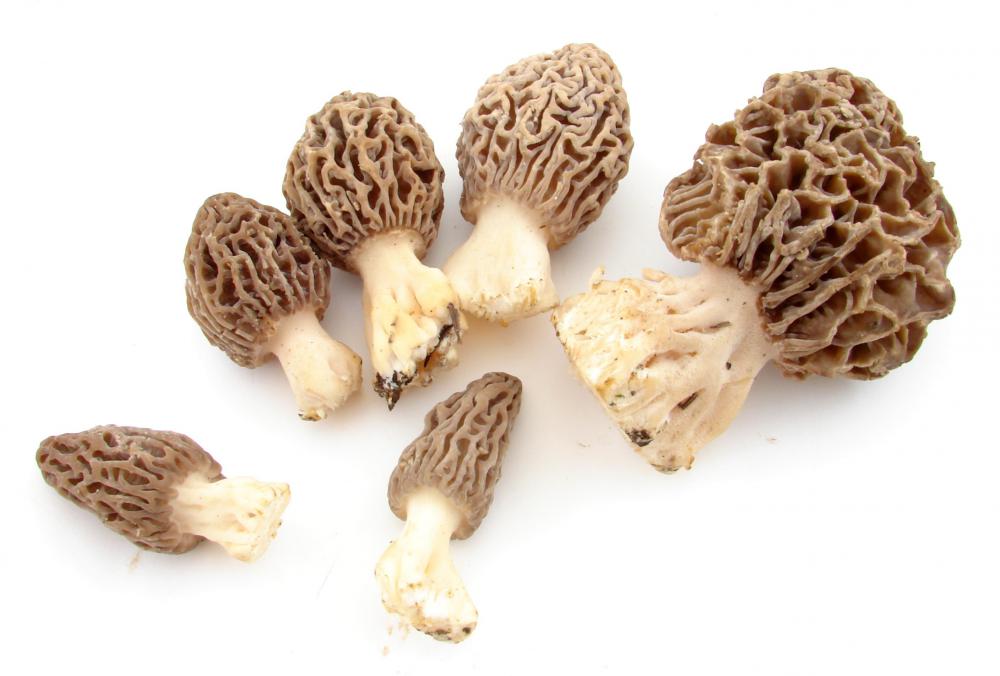

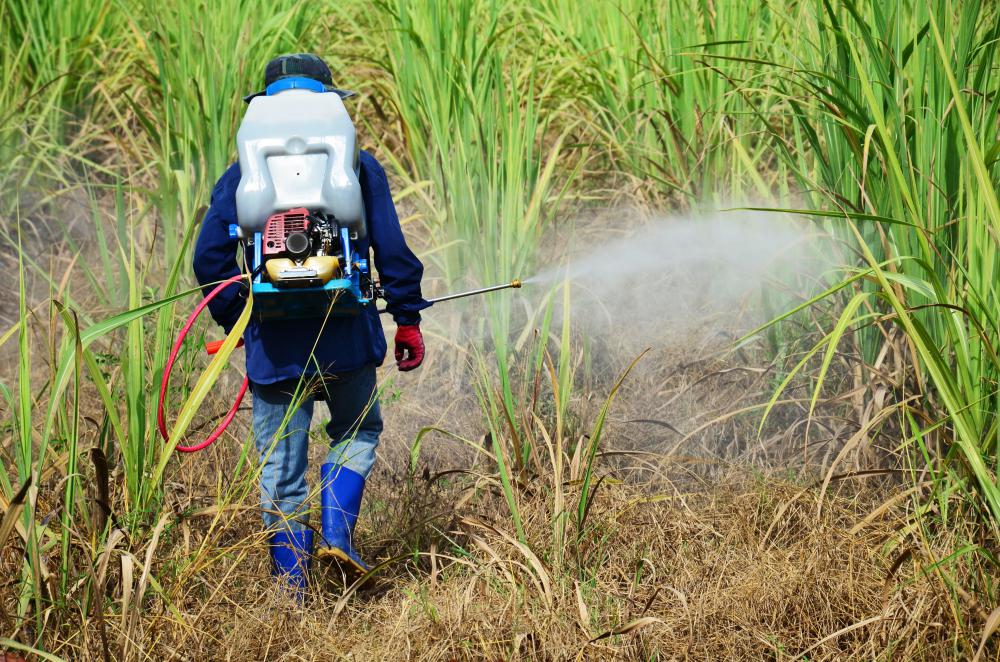


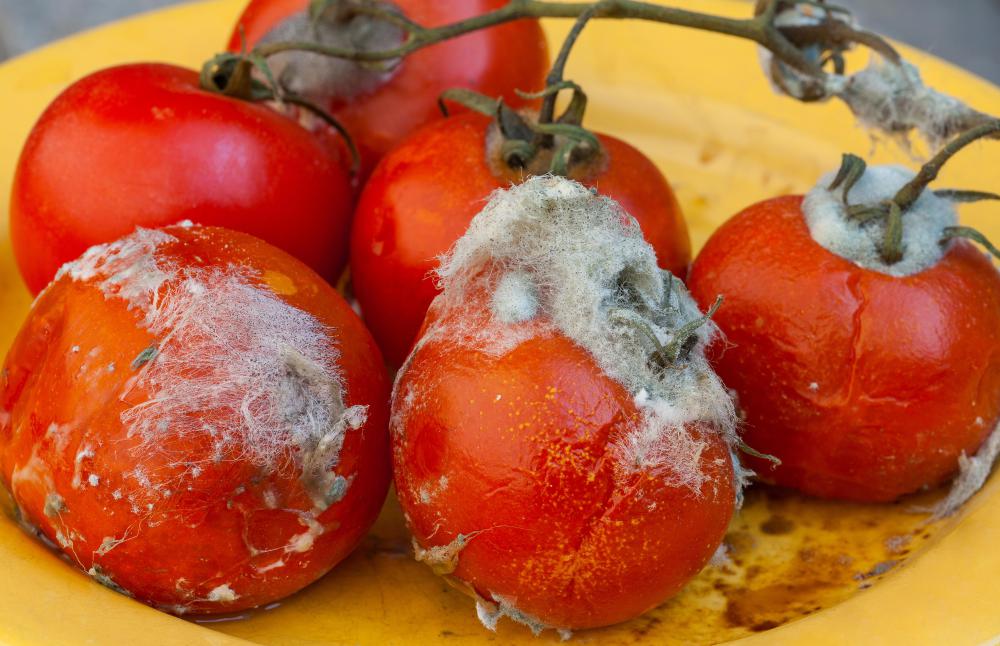


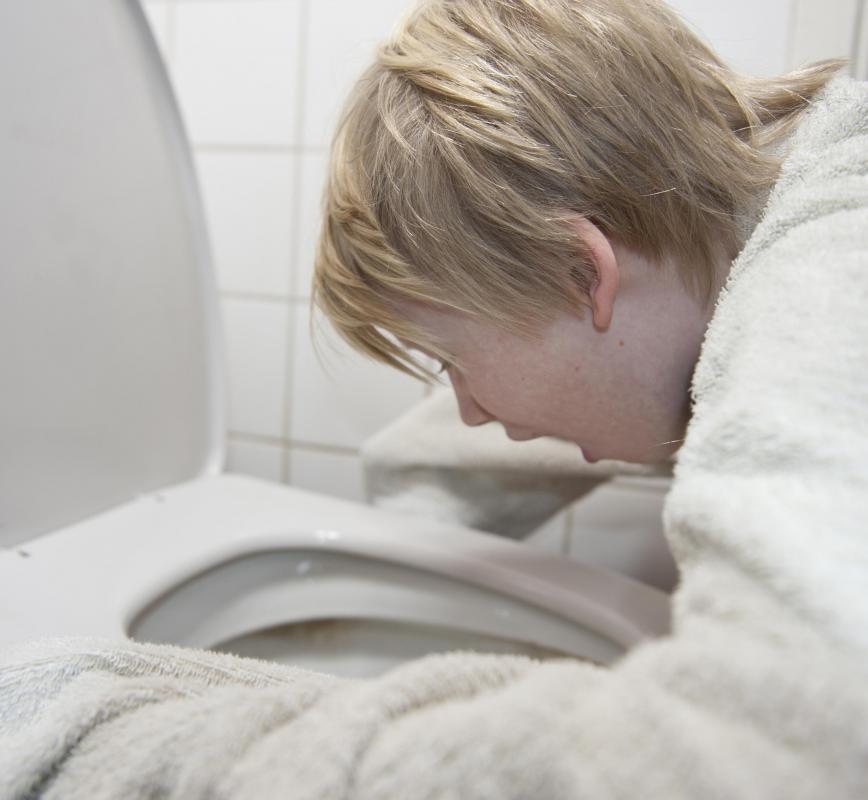


Discussion Comments
@gardenturtle: There is an average of 110 cases of botulism reported in the U.S. every year. A quarter of those are foodborne. There have been outbreaks of foodborne botulism that involved two or more people at a time. They are usually caused by eating home-canned foods that are contaminated.
@gardenturtle: No, they are not the same. Botulism is a rare illness caused by botulin, a nerve toxin. Botulin is one of the most potent toxins. Botulism can cause blocked nerve function which leads to musculoskeletal and respiratory paralysis.
There are three major types of botulism: Foodborne botulism, wound botulism, and infant botulism. The one closest to a food poisoning is foodborne botulism. It is caused by eating foods that contain the botulism toxin.
Are botulism food poisoning and regular food poisoning the same thing?
Post your comments